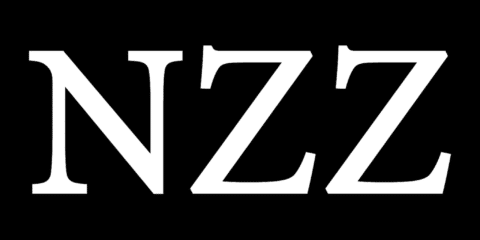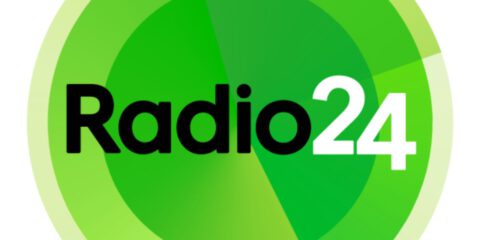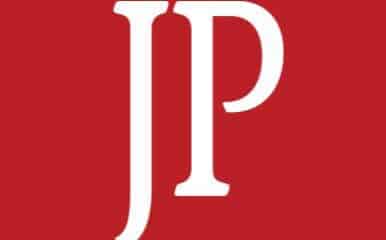Comment by Dr. Eran Lerman
World Israel News 29.1.2018

By Steve Leibowitz
Last week at the World Economic Forum in Davos, Switzerland, Netanyahu held closed-door talks with many world leaders, with the Iranian threat topping his agenda. Israeli analysts monitoring developments say it’s too early say if the meetings will have the desired impact.
The Iran nuclear deal was raised by Prime Minister Netanyahu in a series of closed-door meetings last week during the World Economic Forum in Davos. Little content has been leaked after meetings with heads of state from Germany, Canada, Belgium, Switzerland and Azerbaijan. Netanyahu did say, however, that the meeting with Merkel was “important.”
“We spoke about the nuclear agreement with Iran. I said that in my opinion, the only option at the moment is to introduce real, rather than cosmetic, amendments that will prevent Iran from building nuclear weapons, which is currently guaranteed under the existing agreement,” he said.
Netanyahu called on the leaders to “take advantage of the opportunity created” by US President Donald Trump’s announcement earlier this month that he would no longer sign a certification of Iranian compliance with the nuclear deal, and will impose new sanctions on Iran.
Israeli experts on the Iranian nuclear program did not notice any overt support for the Israeli position with the exception of Trump, who already supports “nixing or fixing” the agreement. Speaking in Davos, Trump called on world leaders to join his efforts to “block Iran’s path to nuclear weapons.” He also urged them to do more to confront the threat posed by Iran’s support for terror groups.
Col. Eran Lerman of the Jerusalem Institute for Strategic Studies told World Israel News (WIN) that while it is too early to say what the impact may be, “the fact that there were meetings at this level, and that world leaders were listening, is a good start.”







 - בניית אתרים
- בניית אתרים